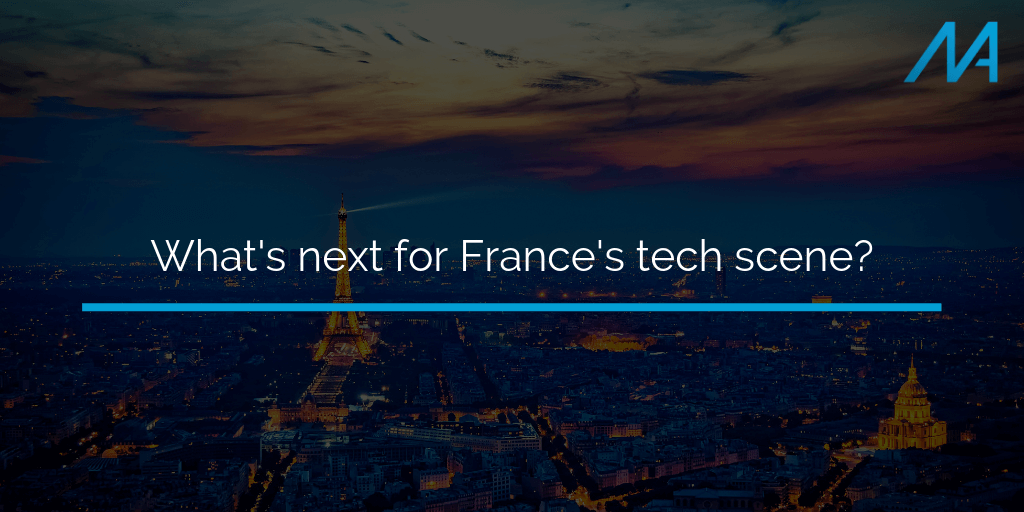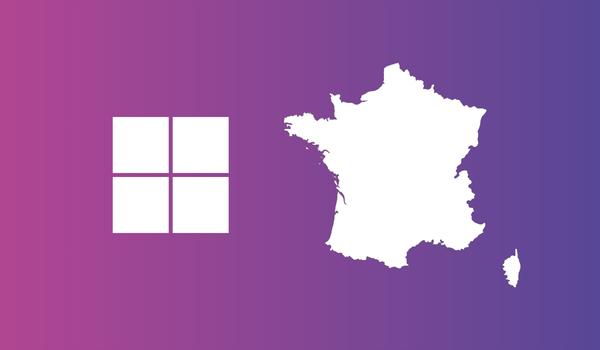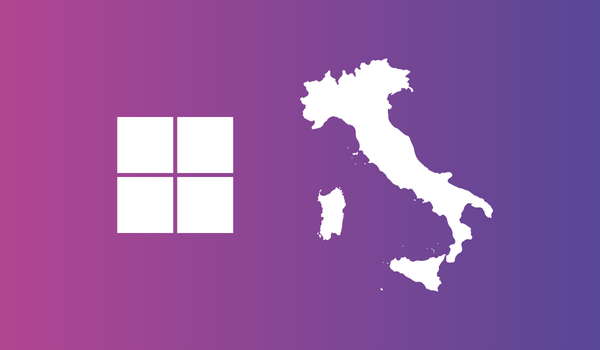What's next for France's tech scene?
01 Oct, 20185 minsFresh from their World Cup victory, the spotlight is firmly fixed on France, a country...

Fresh from their World Cup victory, the spotlight is firmly fixed on France, a country long known for its sense of community and camaraderie. Their journey to the final was a success story to behold; a young team of highly talented players persisting with passion from the first kick to the last second of the tournament. But it's not just their football team that are making the headlines.
On the sunny South Coast, a fast-growing entrepreneurial ecosystem has been dubbed the European Silicon Valley due to its contribution to technological advancement. All along the French Riviera, innovation is the shared goal of internationally renowned companies, disruptive start-ups and tech student alike.
In the East, the bustling city of Lyon has been awarded the "Metropole French Tech" label thanks to a thriving digital community, an ambitious growth strategy and government investment into the infrastructure that supports the talented minds of the region.
In the City of Light, love is in the air - not solely in the café terraces that line the streets but between ground-breaking start-ups and eager investors who see growing potential from the tech cluster in the French capital. Take Paris-based tech start-up, Lydia, for example, whose office building in the second arrondissement was once filled with sewing machines for garment companies. Today, their neighbourhood is alive with innovation thanks to a raft of tech firms relocating or setting up shop in this newly-popular location.
In 2016, venture capital investment increased to over €2.2bn, putting France behind only the UK in the list of Europe's growing tech hubs. Then, in 2017, France witnessed a record number of deals to French tech companies, growing by almost 45% from 2016 and amounting to 743 deals at year end. In total the country is estimated to be home to roughly 3900 start-ups.
Besides Lydia, companies such as Inato, Prevision.io and MainBot are harnessing artificial intelligence and machine learning software to deliver a new level of assistance to our daily lives. Meanwhile, keen FinTech developers from start-ups such as Mooncard and Qonto are designing tools to revolutionise the banking experience altogether.
On the other end of the Spectrum, France is home to some biggest names in technological innovation. There's Schneider Electric, a leader in cloud computing and Internet of Things: two critical components in the fourth industrial revolution: or Atos, a multinational IT services who have served the UK government, the BBC and played a pivotal role in the delivery of the 2012 Olympics opening ceremony.
"To put in one word: Entrepreneur is the new France", said Emmanuel Macron, the French president who recently pledged to spend 1.5 billion euros ($1.9 billion) over the next five years and allow expanded data-sharing to help make France a leader in artificial intelligence.
Speaking at the VivaTechnology conference in May, president Macron addressed thousands who'd gathered in the nation's capital to discuss the future of the French tech scene. "What we have to do is change in depth our model," Macron continued. "I want France to be a startup nation, meaning both a nation that works with and for the startups, but also a nation that thinks and moves like a startup."
If France's tech scene continues to grow at the pace it has enjoyed in the last two years, we can expect it to become a key player on the world stage for technological advancement. What's more, a hard Brexit may play in France's favour as foreign investors may soon switch their gaze from London to the French capital.
While uncertainty on this issue prevails, a recent EY report certainly revealed a change in the European foreign investment map. According to their research, overseas investors voted Paris as the top choice for foreign direct investment in Europe, citing Brexit and the election of French president Emmanuel Macron among the main reasons for the shift.



